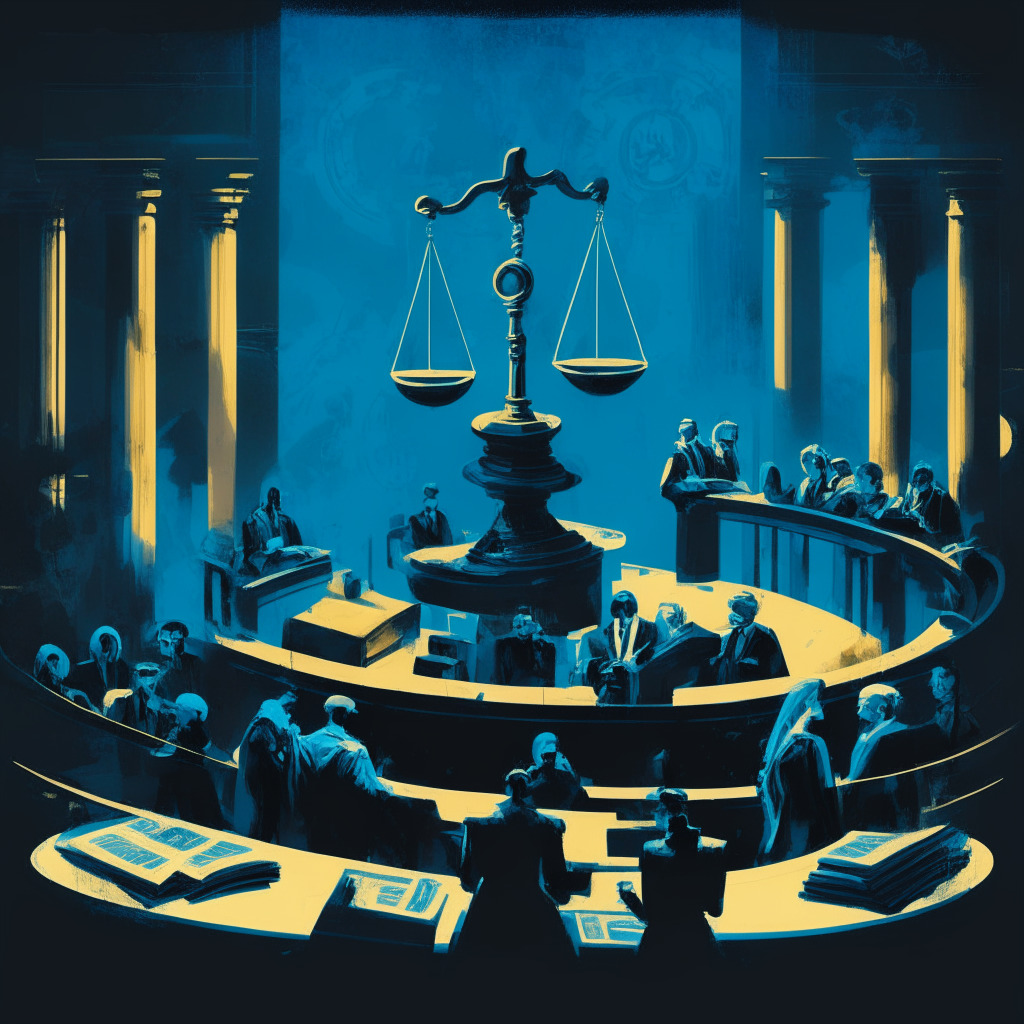The recent lawsuit filed by the US Securities and Exchange Commission (SEC) against the Coinbase crypto exchange has not only made headlines, but also sparked concern within the cryptocurrency community about the United States’ ability to compete globally in the crypto space. The SEC lawsuit accuses Coinbase of operating as an unregistered broker, exchange, and clearing agency, raising questions about potential violations of financial regulations.
Coinbase’s Chief Legal Officer, Paul Grewal, argues that the SEC’s approach to enforcing regulations in the crypto industry is damaging America’s economic competitiveness and affecting companies like Coinbase that are committed to compliance with US regulations. Rather than continuing down the path of litigation, Grewal calls for the creation of legislation that would develop transparent, fair rules that could be applied equally to all market participants.
Despite the ongoing legal conflict, Coinbase does not intend to cease operations. It remains steadfast in its commitment to servicing its customers and upholding industry compliance. Grewal emphasizes that focusing on legislation instead of litigation is the solution to the regulatory uncertainty surrounding the digital asset industry in the US.
The lawsuit against Coinbase comes just a day after the SEC sued the world’s largest crypto exchange, Binance. As these high-profile cases unfold, the outcome could have significant implications for the future of the cryptocurrency industry. Developing clear, fair, and transparent rules will undoubtedly benefit both the industry and its consumers.
Some may argue that the SEC’s aggressive approach toward crypto exchanges is necessary to ensure proper compliance and protect investors from potential violations of financial regulations. However, others contend that this approach stifles innovation and prevents the US from effectively competing in the rapidly-growing crypto industry.
In light of the SEC’s enforcement-only strategy, businesses and investors are left grappling with uncertainty and inconsistent applications of regulations in the crypto space. It is increasingly evident that a legislative framework is needed to provide clarity and equal treatment for all industry participants.
The situation with Coinbase and the SEC highlights the importance of creating a well-defined regulatory landscape for the cryptocurrency industry. The outcome of these lawsuits is likely to heavily influence the future of cryptocurrencies in the United States and could potentially reshape the global landscape as well.
Ultimately, both the crypto industry and regulatory bodies must work together to develop fair, comprehensive rules that ensure market transparency while preserving innovation and competition. By finding a balance between regulation and innovation, the United States could remain at the forefront of the expanding digital asset space and continue to thrive in one of the fastest-growing sectors of the global economy.
Source: Coingape




